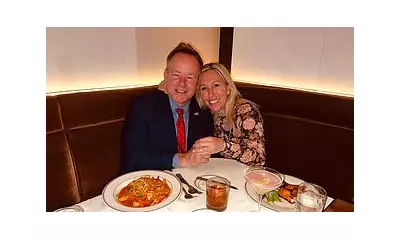
Former US President Donald Trump has ignited fresh controversy with inflammatory comments about Latin American countries during a recent political rally, prompting swift backlash from critics and political opponents.
Controversial Rally Remarks
Speaking to supporters, Trump alleged that several Latin American nations are deliberately sending their 'most undesirable elements' to the United States. The remarks immediately drew criticism for their similarity to previous anti-immigrant rhetoric that has characterised much of his political career.
The former president's comments come amid ongoing debates about US immigration policy and border security, topics that have remained central to his political messaging since his 2016 presidential campaign.
Historical Context of Controversial Statements
This isn't the first time Trump has faced criticism for remarks about minority communities and immigration. His latest comments have been compared by critics to previous controversial statements, including:
- Previous characterisations of certain countries during immigration discussions
- Past remarks about minority congresswomen
- Longstanding patterns of rhetoric about immigrant communities
Political Fallout and Reactions
The response to Trump's latest remarks has been swift and critical, with many drawing parallels to historical patterns of divisive language in political discourse. Critics argue such rhetoric contributes to negative stereotyping and undermines constructive dialogue about complex immigration issues.
Political analysts note that these comments come as Trump maintains significant influence within the Republican party and continues to shape conservative talking points on immigration and foreign policy.
Broader Implications
The controversy highlights ongoing tensions in American political discourse surrounding immigration and international relations. As the United States continues to navigate complex relationships with Latin American partners, language used by prominent political figures remains under intense scrutiny.
Observers suggest that such remarks could have implications for diplomatic relations and domestic political dynamics as the country moves toward future election cycles.





